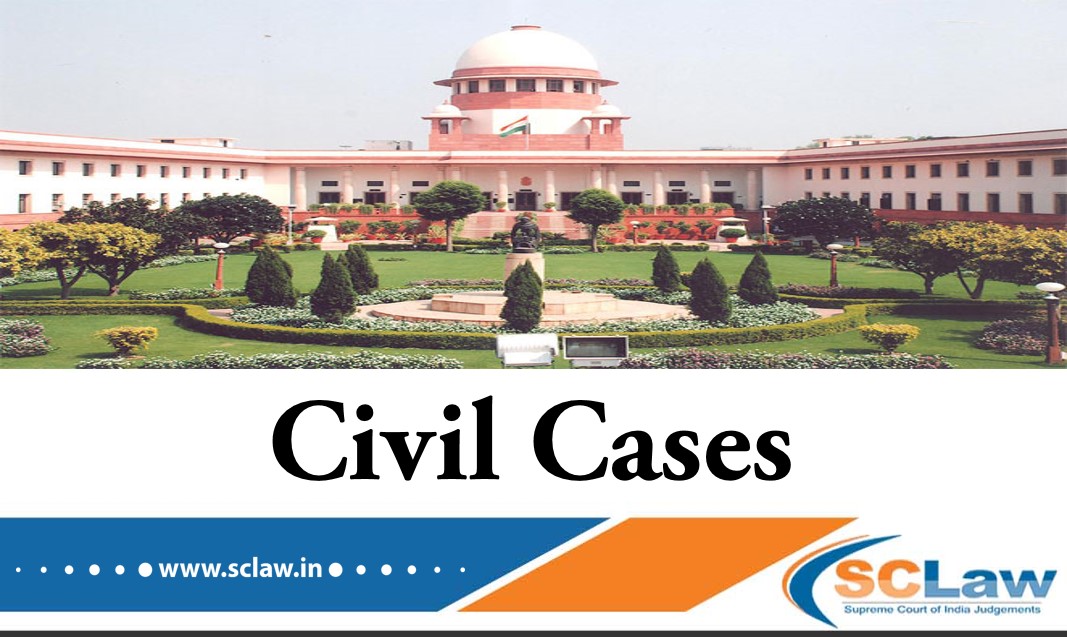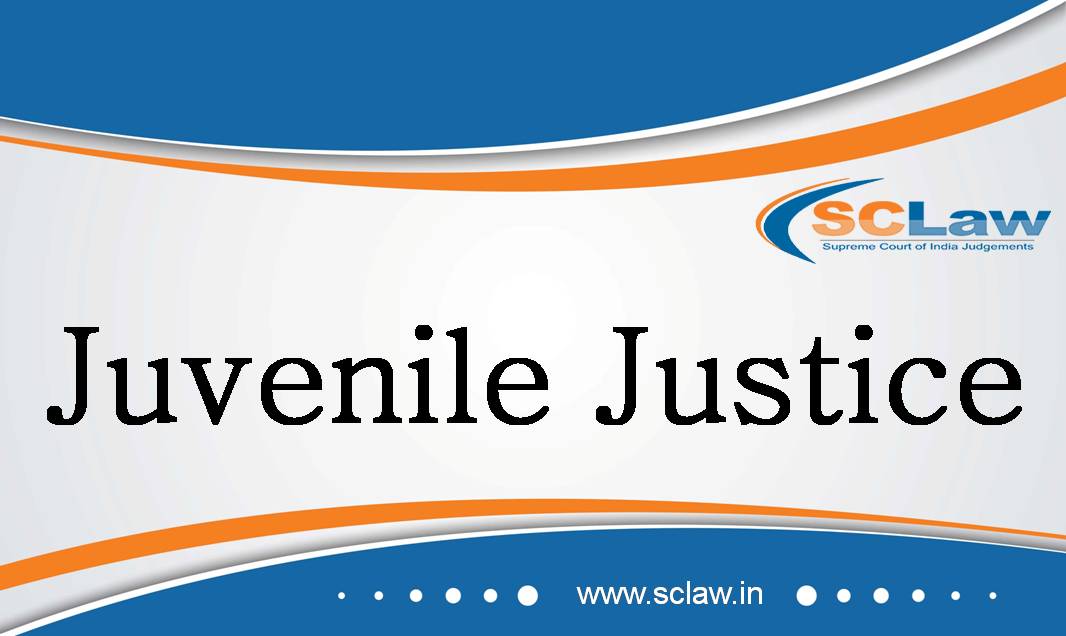Kerala Motor Vehicle Rules,1989 – Rule 174(2)(c) – Under Rule 174(2)(c) of Kerala Motor Vehicle Rules,1989 – discretion will have to be exercised reasonably, fairly as the facts and circumstance would clearly demonstrate – For instance, where the vehicle sought to be substituted is marginally and inconsequentially older than the vehicle covered under the permit, the Authority may perhaps be justified in permitting such an application
SUPREME COURT OF INDIA DIVISION BENCH REGIONAL TRANSPORT AUTHORITY AND ANOTHER — Appellant Vs. SHAJU ETC. — Respondent ( Before : K.M. Joseph and Pamidighantam Sri Narasimha, JJ. ) Civil…









